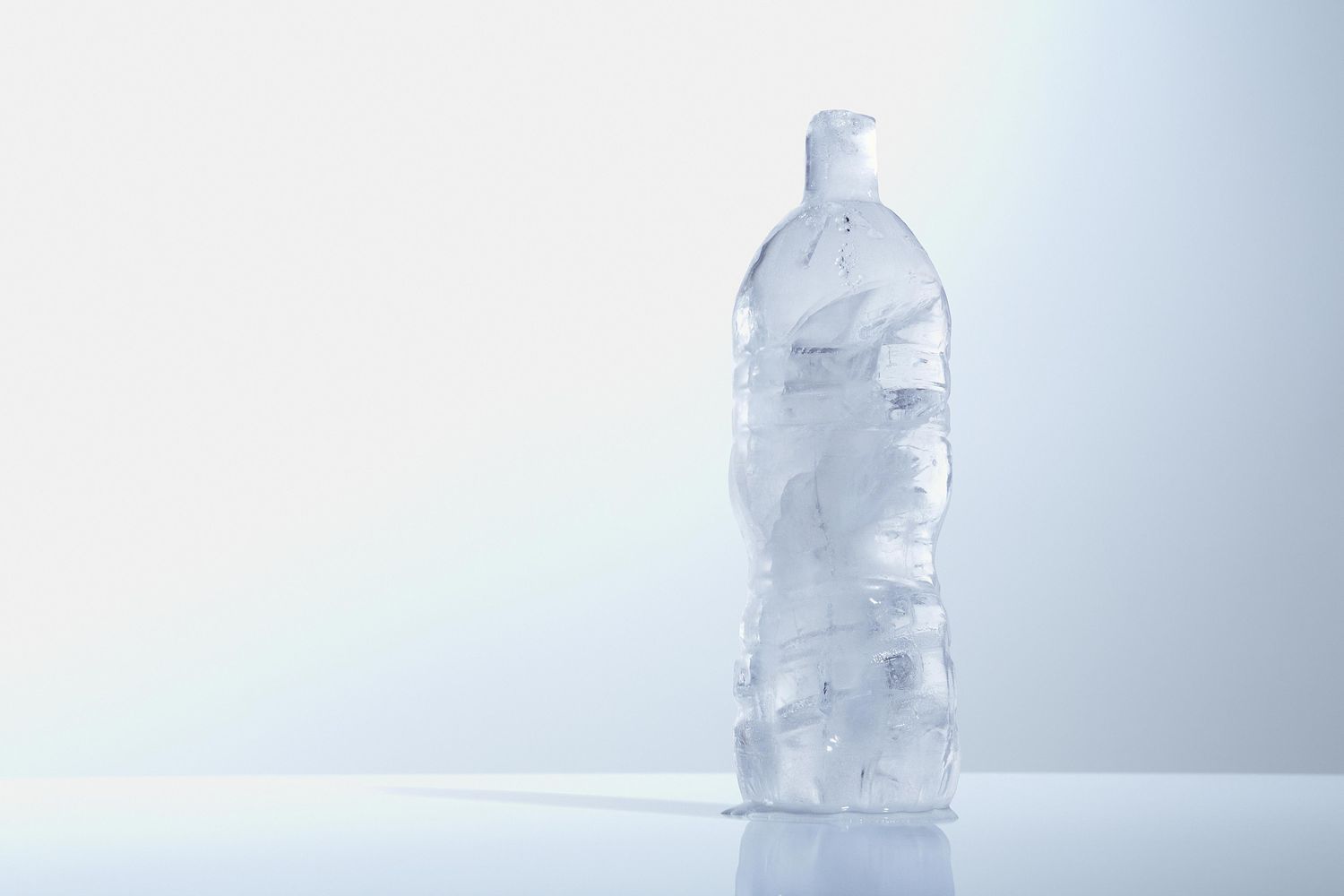
Freezing is a fascinating process that transforms liquids into solids by lowering their temperature. But what exactly happens when something freezes? When the temperature drops, the molecules in a liquid slow down and arrange themselves into a fixed, orderly pattern, creating a solid. This process is crucial for preserving food, making ice, and even in scientific research. Did you know that water expands when it freezes? This is why ice floats on water. Freezing isn't just about cold weather; it's a vital part of our daily lives. From the ice in your drink to the frozen food in your freezer, understanding freezing can help you appreciate the science behind these everyday occurrences.
What Happens When Water Freezes?
Water freezing is a fascinating process. When temperatures drop, water molecules slow down and arrange themselves into a solid structure. Here are some intriguing facts about this transformation.
-
Water freezes at 0°C (32°F). This is the temperature at which liquid water turns into ice.
-
When water freezes, it expands by about 9%. This is why ice floats on water.
-
Ice is less dense than liquid water. This unique property is due to the hydrogen bonds forming a crystalline structure.
-
Freezing water can burst pipes. The expansion of water as it freezes can cause pipes to crack or burst.
-
Pure water can supercool. It can remain liquid below its freezing point if undisturbed.
Freezing in Nature
Nature showcases freezing in many spectacular ways. From frost on windows to glaciers, freezing plays a crucial role in the environment.
-
Frost forms when water vapor freezes on cold surfaces. This creates intricate patterns.
-
Glaciers are massive ice formations. They form from accumulated snow that compresses into ice over centuries.
-
Permafrost is ground that remains frozen for two or more years. It covers about 24% of the Northern Hemisphere's land area.
-
Icebergs are chunks of ice that break off from glaciers. They float in the ocean, with most of their mass underwater.
-
Snowflakes are frozen water crystals. Each one is unique, formed by the freezing of water vapor in the atmosphere.
Freezing in Everyday Life
Freezing isn't just a natural phenomenon; it impacts daily life in various ways. From preserving food to creating ice sculptures, freezing is a versatile process.
-
Freezing preserves food by slowing down bacterial growth. This helps keep food safe for longer periods.
-
Ice cubes are a simple example of freezing. They cool drinks by absorbing heat as they melt.
-
Frozen foods retain nutrients. Freezing locks in vitamins and minerals, making them a healthy option.
-
Ice cream is made by freezing a mixture of cream, sugar, and flavorings. The process involves churning to create a smooth texture.
-
Ice sculptures are created by carving blocks of ice. These temporary artworks are popular at events and festivals.
Scientific Aspects of Freezing
The science behind freezing involves fascinating principles and discoveries. Understanding these can deepen appreciation for this everyday process.
-
Freezing point depression occurs when substances like salt lower water's freezing point. This is why salt is used to melt ice on roads.
-
Cryogenics is the study of materials at extremely low temperatures. It has applications in medicine, such as preserving biological samples.
-
Freezing can create beautiful patterns. When water freezes rapidly, it forms intricate designs like ice flowers.
-
The Mpemba effect is a phenomenon where hot water can freeze faster than cold water. This counterintuitive effect is still not fully understood.
-
Freezing is a phase transition. It involves a change from liquid to solid, requiring energy removal from the system.
Fun Facts About Freezing
Freezing can be fun and surprising. Here are some quirky and lesser-known facts about this chilly process.
-
Frozen bubbles can be created in cold weather. Blowing bubbles in freezing temperatures causes them to freeze mid-air.
-
You can freeze soap bubbles. They form delicate, frosty spheres that look magical.
-
Freezing can preserve flowers. Dipping flowers in liquid nitrogen keeps them fresh-looking for longer.
-
Ice hotels are built entirely from ice and snow. Guests can sleep on ice beds covered with reindeer skins.
-
Frozen methane exists on other planets. Methane ice has been found on moons like Titan, showcasing freezing beyond Earth.
-
Freezing can create ice volcanoes. These occur when water erupts and freezes instantly, forming ice cones.
The Icy Truth
Freezing isn't just about turning water into ice cubes. It’s a fascinating process that impacts our daily lives in ways we often overlook. From preserving food to creating stunning natural phenomena, freezing plays a crucial role. Understanding the science behind it can help us appreciate everything from the food in our freezer to the winter wonderland outside.
Remember, water expands when it freezes, which is why ice floats. This simple fact has profound effects on our environment. Also, different substances freeze at different temperatures, which is why antifreeze is essential for your car in winter.
Next time you grab a frozen treat or marvel at frost on your window, think about the incredible science at work. Freezing is more than just cold; it’s a key part of the natural world that keeps things balanced and beautiful. Stay curious and keep exploring!
Was this page helpful?
Our commitment to delivering trustworthy and engaging content is at the heart of what we do. Each fact on our site is contributed by real users like you, bringing a wealth of diverse insights and information. To ensure the highest standards of accuracy and reliability, our dedicated editors meticulously review each submission. This process guarantees that the facts we share are not only fascinating but also credible. Trust in our commitment to quality and authenticity as you explore and learn with us.


